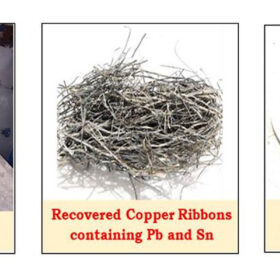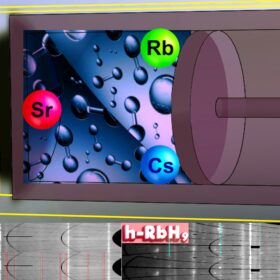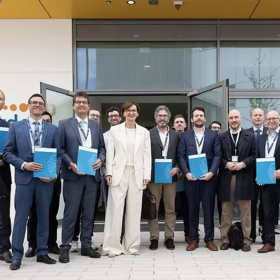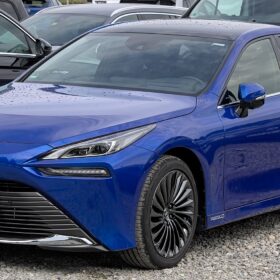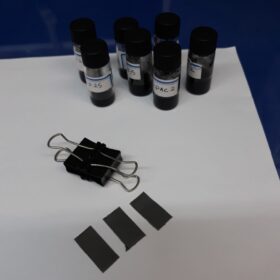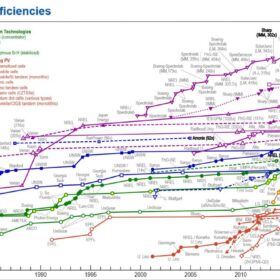Three-step process to recover lead from end-of-life solar panels
Researchers in India have developed a new solar module recycling process that transforms lead into less toxic lead monoxide. It consists of three main steps – leaching, precipitation, and calcination.
Researchers propose use of cesium, rubidium for hydrogen batteries
A study led by Russia’s Skoltech and China’s HPSTAR suggests that rubidium and cesium additives could improve the efficiency of hydrogen batteries. Researcher Dmitrii Semenok tells pv magazine that “it is a question of changing the approach to the search for promising hydrogen storage materials.”
German initiative to develop scalable sodium-ion batteries
A collaborative project led by German battery supplier Varta aims to develop industrial-scale sodium-ion battery technology. The final product of the three-year, €7.5 million ($8.08 million) project will be a small series of round cells for electric vehicles and stationary storage systems.
European Consortium seeks to streamline agrivoltaics design
A European consortium including Germany’s Fraunhofer ISE is researching suitable crop and PV system combinations, conducting tests under Nordic conditions, and developing software to expedite adoption.
Low platinum fuel cells for hydrogen vehicles
New research from Sweden suggests that low platinum fuel cells for hydrogen vehicles, when scaled up for the same number of cells, may achieve similar or higher efficiencies compared to commercial fuel cells. Their modeling is expected to act as a bridge between material science research and vehicle implementation.
Improving perovskite solar cell performance with conductive adhesive ink
Conceived by researchers from Iran, the new conductive adhesive ink is made of polymethyl methacrylate (PMMA) and is used as an interlayer between the cell’s hole transport layer and carbon foil. It reportedly ensures higher cell stability while also providing remarkable efficiency.
Photovoltaics for vapor compression refrigeration
Scientists in China have developed a PV-driven direct-drive refrigeration system for electronic device cooling. The proposed system has so far provided low exergy levels, but its costs are much lower than those of conventional vapor compression refrigeration technologies.
VSole presents wall-mount residential hybrid inverters
Indian manufacturer VSole has introduced single-phase hybrid inverters 3 kW to 6 kW with power output ratings. The inverters reportedly allow uninterrupted power to the connected loads, with a UPS-level switching time of four milliseconds.
NREL interactive chart of solar cell efficiency now including ‘hybrid tandems’
The new cell category includes perovskite/silicon, perovskite/CIGS, III-V/silicon and perovskite/organic tandem PV devices. It will list the absolute record efficiency for all-perovskite, two-terminal tandems regardless of the number of junctions.
Climate change to drive value of rooftop solar
University of Michigan researchers have found that the value of rooftop solar will increase by between 5% and 15% by the mid-century across a range of US cities under moderate climate change, and by up to 20% by the end of the century.
